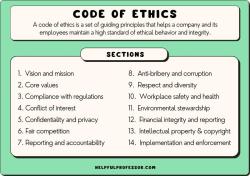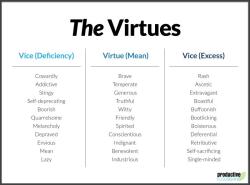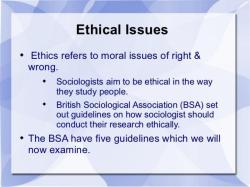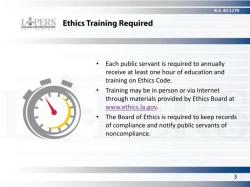What are code of ethics?
A code of ethics, also known as a code of conduct or a statement of ethical principles, is a set of guidelines or standards that outline expected behaviors and moral principles for individuals or organizations. These codes are designed to provide a framework for ethical decision-making and behavior in various contexts, including professions, businesses, government agencies, and social groups. The primary purposes of a code of ethics are:
Guidance: To provide clear guidance on what is considered ethical and appropriate behavior within a specific context or organization.
Standards: To establish standards of conduct that help maintain integrity, trust, and professionalism.
Accountability: To hold individuals or members of an organization accountable for their actions and decisions.
Ethical Decision-Making: To assist individuals in making ethical decisions when faced with moral dilemmas or difficult choices.
Protection: To protect the interests of stakeholders, clients, customers, and the public by ensuring ethical behavior.
Professionalism: To promote professionalism and uphold the reputation of a profession or organization.
Codes of ethics can vary widely depending on the field, profession, or organization they apply to. They typically include statements and guidelines related to principles such as honesty, integrity, respect, fairness, transparency, confidentiality, and responsibility. These codes are often developed by professional associations, regulatory bodies, or individual organizations to ensure that members or employees adhere to ethical standards specific to their roles or industries.
Examples of codes of ethics include:
- Medical Code of Ethics: Governing the behavior and responsibilities of healthcare professionals.
- Legal Code of Ethics: Outlining ethical standards for lawyers and legal professionals.
- Journalistic Code of Ethics: Providing guidelines for journalists and media organizations regarding reporting, accuracy, and editorial integrity.
- Business Code of Ethics: Defining ethical practices for employees and management within a company.
- Engineering Code of Ethics: Establishing ethical standards for engineers and their responsibilities to the public and the environment.
- Government Code of Ethics: Outlining ethical conduct and responsibilities for government employees and officials.
It's important to note that codes of ethics are not legally binding documents in the same way that laws are, but they play a critical role in setting expectations for ethical behavior and promoting accountability within specific contexts. Violating a code of ethics can have professional or organizational consequences, including loss of reputation, disciplinary actions, or legal ramifications, depending on the circumstances and the code's enforcement mechanisms.
The Importance of Ethics: A Comprehensive Guide to Codes of Ethics
Ethics is a set of moral principles that guide our behavior. Codes of ethics are written statements of these principles that apply to specific professions or groups.
Ethics is important because it helps us to:
- Make good decisions, even when they are difficult.
- Treat others with respect and fairness.
- Avoid harm.
- Promote social good.
Codes of ethics are important because they provide us with a clear framework for making ethical decisions. They also help to hold us accountable for our actions.
Navigating Moral Values: Understanding the Significance of Codes of Ethics
Codes of ethics can be helpful in navigating moral values because they provide us with a roadmap for making ethical decisions. They also help us to understand the expectations that society has for us in our professional roles.
Here are some examples of how codes of ethics can be used to navigate moral values:
- A doctor may use the code of ethics for physicians to guide their decisions about patient care.
- A lawyer may use the code of ethics for lawyers to guide their decisions about representing clients.
- A businessperson may use the code of ethics for their company to guide their decisions about how to conduct business.
Code of Ethics Explained: Principles and Applications in Different Fields
Codes of ethics typically include a set of principles that guide our behavior. These principles may vary depending on the profession or group, but they often include common principles such as honesty, integrity, fairness, and respect.
Codes of ethics also typically include specific applications of these principles to different situations. For example, a code of ethics for doctors may include specific guidelines for patient confidentiality and informed consent.
Here are some examples of how codes of ethics are applied in different fields:
- In medicine, doctors are guided by the code of ethics for physicians, which includes principles such as beneficence (doing good), nonmaleficence (avoiding harm), autonomy (respecting patient self-determination), and justice (treating patients fairly).
- In law, lawyers are guided by the code of ethics for lawyers, which includes principles such as loyalty to clients, confidentiality, competence, and honesty.
- In business, businesses are often guided by a code of ethics that includes principles such as social responsibility, environmental sustainability, and fair business practices.
Codes of ethics are an important tool for helping us to make ethical decisions and to navigate moral values in our professional and personal lives.













